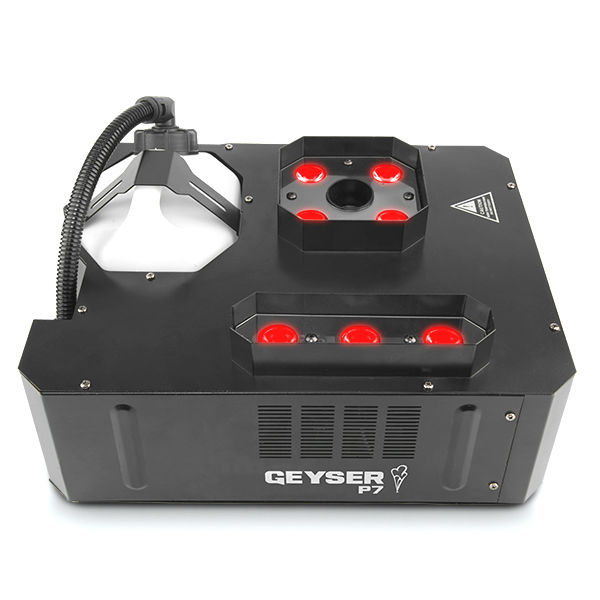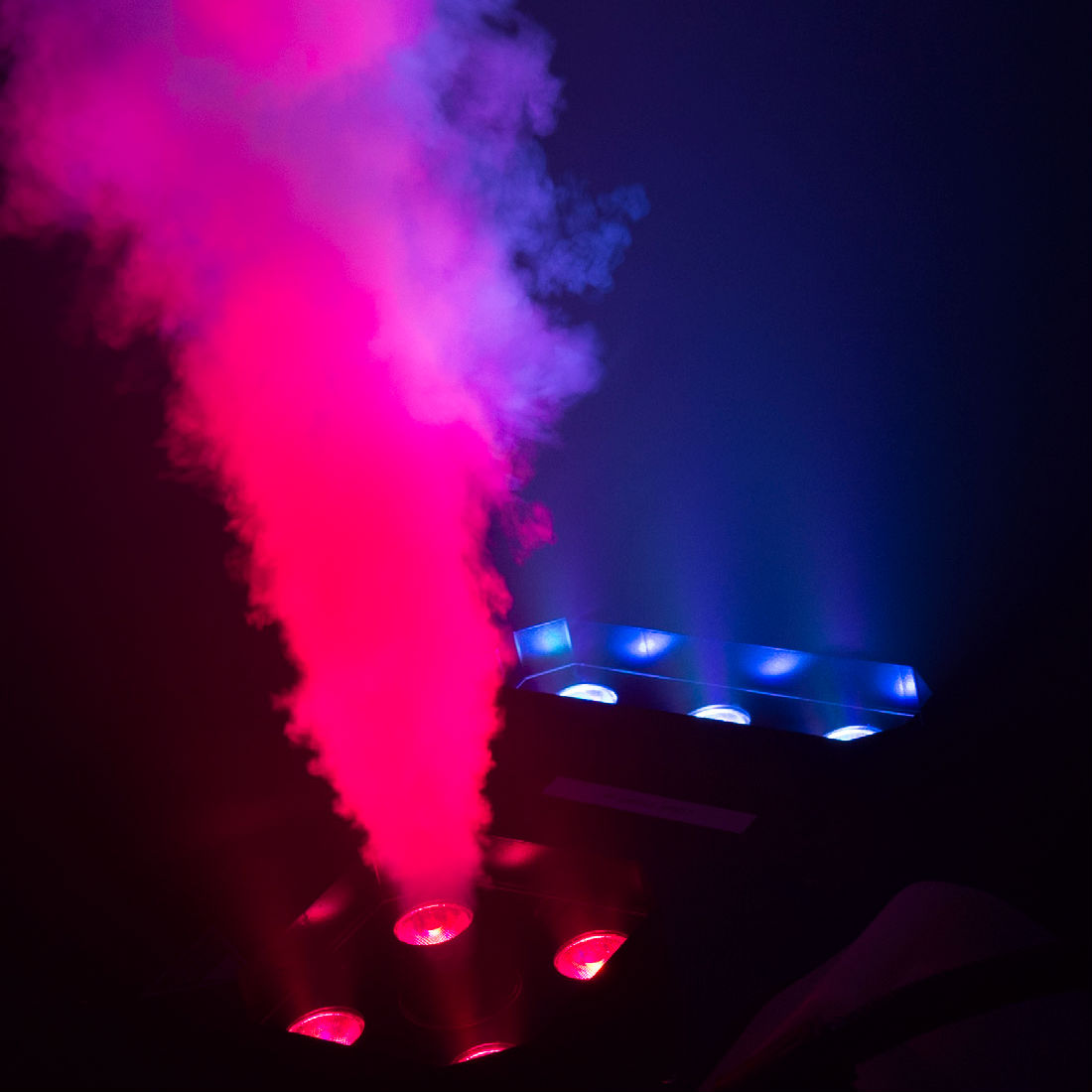Drama, The Church and Special FX
Every year I notice an increase in the number of dramatic productions being performed both as a supplement to, and even a part of, traditional religious services. This seems to be especially true as we approach Easter, the most significant holiday for Christians. The combination of drama, religion and (wait for it) . . . special effects! . . . though seemingly modern, actually has a history that extends back for centuries.
One of the first things that every student of theatre learns, usually in an Introduction to Theatre course, is that we credit the birth of western theatre as we know it to the ancient Greeks. The Greeks held huge, week-long festivals in honor of their gods. At one of these - the festival in honor of Dionysus held each summer in Athens - playwrights would compete, submitting their best tragedies for production. While these competitions probably evolved from something as simple as farmers singing and dancing in their fields, they grew larger and more elaborate as the Greek civilization flourished. By the time of Sophocles (author of Oedipus Rex, the most famous Greek tragedy) the tragic competition was held in a huge amphitheater that included a huge stage, seating for many thousands of spectators and the capability of producing special effects.
One special effects device that almost all historians agree was available in the amphitheater at Athens was the machina, or "machine". Looking something like a primitive crane, the machina was a device that could be used to raise and lower actors. Sometimes actors would be raised to the top of the skene, a building at the rear of the stage that served as a backdrop. The audience understood this to mean that a character had become one of the gods. Similarly, the machina could be used to lower a performer from the top of the skene to the stage floor, depicting a god descending to earth. Occasionally, a playwright who was hard-pressed to come up with an ending to his tragedy in time for the competition would simply have a god descend in this fashion and set everything right. To this day the phrase "deus ex machina," or "god from the machine" means a contrived, unsatisfactory ending to a dramatic work.
Skipping ahead several centuries, dramatic productions and special effects were used by the Catholic church in medieval Europe. This was a period when church services were conducted entirely in Latin, and church officials had to use creative means to reach the common people. One way of doing this was by presenting dramatic recreations of biblical events. These presentations were known as "cycle plays" because they consisted of several different presentations that the people could walk through. Each presentation was devoted to a different biblical event or lesson (The Creation, The Fall of Man, etc.) and each had its own stage or set piece. Of these, the most dramatic must have been the Hell Mouth.
Imagine yourself as a medieval peasant, walking through the pageant and viewing the different tableaus. As you approach the last stage, you notice something different about it. It's a huge, demonic face! You can hear the screams of tormented souls issuing from within the demon's mouth. Smoke, fire and the stench of sulfur pour forth and then devils - complete with horns and pitchforks - rush out of the mouth and into the crowd! Modern horror producers can only dream of instilling the sort of visceral terror in their audience that the first Hell Mouth must have achieved.
In addition to the Cycle Plays, the church also offered presentations illustrating the life of Jesus Christ. Mystery Plays concerned themselves with the miracles that Christ performed during his life, and Passion Plays focused on His crucifixion and resurrection. While the cycle plays have since faded into history, and Mystery Plays are no longer as common, Passion Plays continue to be performed around the world to this day.
The degree of spectacle used in producing these plays varies but, as churches look to draw larger audiences and present more compelling stories, all aspects of production - including the special effects - will become more complex. And the traditions that started so many centuries ago live on in the modern world, with no apparent signs of diminishing.
*********************************************
Theatre Effects Customer Service Department
service@theatrefx.com
www.theatrefx.com
Theatre Effects, 1810 Airport Exchange Blvd. #400, Erlanger, KY 41018
Phone: 1-800-791-7646 or 513-772-7646 Fax: 513-772-3579









